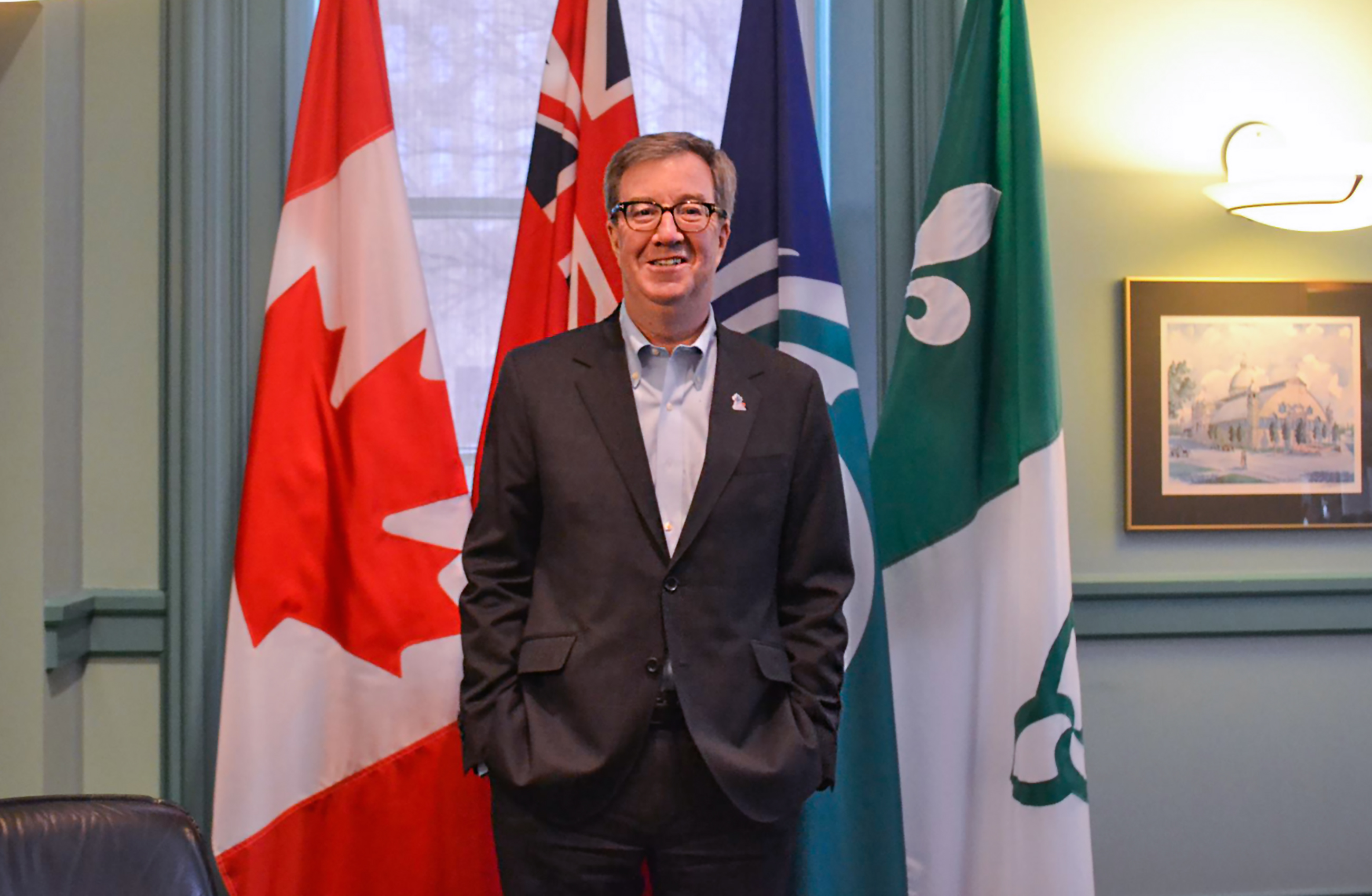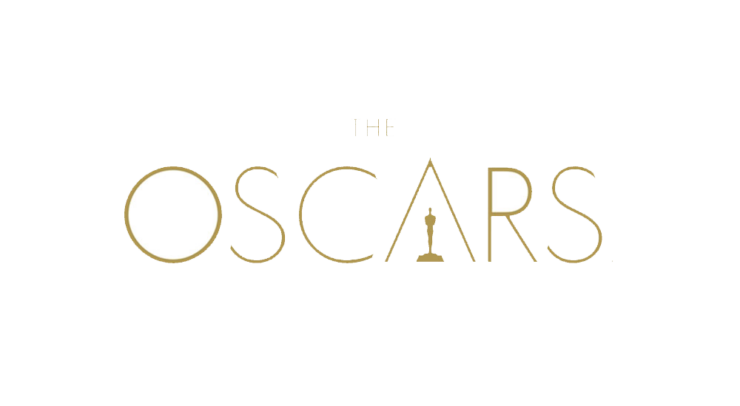The mayor’s office
In this week’s edition of “On the Hill,” reporter Raghad Khalil took to City Hall to meet with none other than Ottawa’s own Jim Watson.
With over 25 years of experience as a three-time mayor of the City of Ottawa, a former provincial cabinet minister, and press secretary to the speaker in the House of Commons, Watson’s public service record dates back to his days as a Residence Students’ Association leader at Carleton University. And while he cheers for the Ravens at the Panda Game and Capital Hoops, Watson has drawn favour amongst University of Ottawa students as well.
Raghad: One of the things students are talking about today is the election south of the border. What effect do you think this presidency will have specifically here in Ottawa, and do you think we need to be having a larger discussion about safeguarding Canadian values? For example, we saw over 8,000 people walk in the Women’s March—many of them from the student population here in Ottawa, in part as a response to the campaign rhetoric.
Jim: In a real sense, if President Trump comes to Ottawa it will have a tremendous impact on the city in terms of policing costs, because I suspect he will attract a lot of protesters—people not happy with the way he has conducted himself. From a more global perspective, my hope is that young people in particular are not turned off (of) politics because you have one individual who has acted badly, and that people are not lumping every political leader in the same boat as Trump. I think what he’s done is set a new low standard in terms of honesty and integrity. His own press secretary in the first press conference outright lied on a number of occasions and just seemed to make things up.
R: Alternative facts.
J: Yeah. It’s disheartening to see that. We saw such a progressive, positive president in President Obama. At the end of the day, democracy allows the public to decide who they think is best suited. My hope is that some of the theatrics and the campaign rhetoric dies down and he actually rises to the challenge and governs in a statesperson-like fashion, as opposed to always looking for a disparaging comment about someone or some group.
R: When you were involved in student politics, what were the issues students were concerned about and what were you passionate about fixing?
J: A lot of the same issues that are still around today. The quality of food was a big issue, though it has improved immensely when I go to the U of O or Carleton now. Making sure that transit was affordable; I remember when I started in City politics we had a referendum for the first U-Pass and Carleton University unfortunately rejected the results, even though a majority of students voted for it. So ironically I was very pleased to sign the new pass agreement between the U of O and Carleton as mayor a few years ago.
R: Problems like food insecurity are still a big concern on campuses now—we’ve seen a rise in the use of food banks on campus. What can we do to fix these issues?
J: The challenge is that university has become substantially more expensive to go to than when I was there. Rising tuition has an impact on people’s bottom line, and the inability for people to find good-paying part-time jobs leads people to have to use social services like food banks. We want to make sure that university isn’t just for the rich and privileged, but for everyone who can get in. I was pleased to see the provincial government bring in free tuition for people who are at a low income. That will help a substantial number of people who are probably using food banks.
R: You’ve been vocal on Twitter in the past and you still are very active on Twitter, notably on LGBTQ issues. Do you think you’ll be more vocal about things like this in the future, especially given what has been said recently?
J: Yeah, I do. I intend not to shy away from items on Twitter. I often get into arguments with people on Twitter, which probably my staff wish I didn’t. I find it’s a blessing and a curse. On one hand it’s a great way of communicating directly with citizens, but you also have to put up with all the trolls and the negativity that comes with the anonymity. There’s a role for it. Some politicians use it to go over the heads of the media to reach as many people as possible. I find it’s a good way to get an opinion out quickly on a particular issue or to get information out to people as quickly as possible.
R: You ran for mayoral office again in 2014 and you won by a significant majority—over 75 per cent of the vote. Will you be running for re-election in 2018?
J: I’ve told people I’ll be making my mind up in the next month, so stay tuned. I certainly enjoy what I’m doing. I’m pleasantly surprised that a poll came out a few weeks ago saying I have 79 per cent approval rating—I wish I got those marks in university. I’m certainly leaning towards running again. I’ve got a lot of things that I want to see happen.
That’s all for this issue. Join us next time for “On the Hill” with Raghad Khalil!
Correction: A previous version of this article incorrectly stated that the U-Pass referendum took place at the University of Ottawa, when the referendum actually took place at Carleton University. The article has been updated to reflect this change. The Fulcrum sincerely regrets this error.




